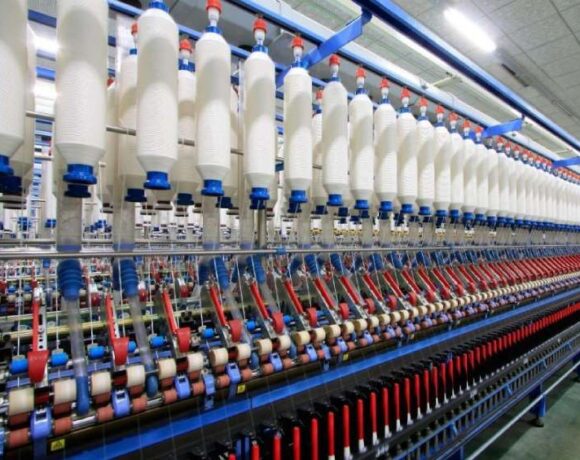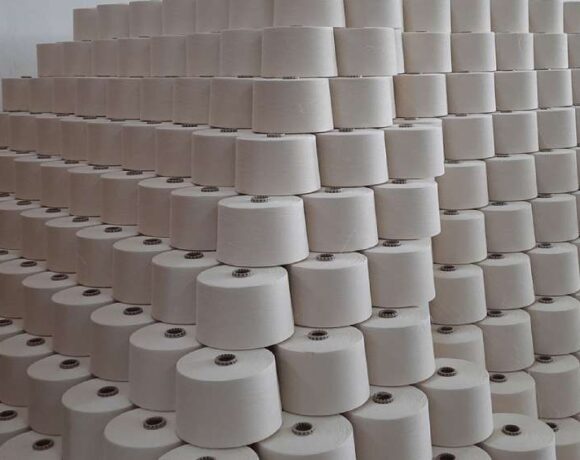US Textile Trade Body Accuses India Of Predatory Trade Practices

India is among five Asian countries which has been targeted by a US textile trade body for predatory trade practices and unethical cost reduction practices.
India was accused by the National Council of Textile Organizations (NCTO) CEO Kim Glas while testifying before the US International Trade Commission (USITC).
Kim Glas testified before the USITC as part of research, the commission is conducting on the export competitiveness of Bangladesh, Cambodia, India, Indonesia, and Pakistan.
The findings will be included in a report titled ‘Apparel: Export Competitiveness of Certain Foreign Suppliers to the United States’, which the USITC will submit to the US Trade Representative’s Office.
According to Gale, the rise in US imports from five Asian apparel producing countries with ultra-low cost pricing structures and ties to China must be scrutinised closely.
“This has to be done to bring about a recalibration of US trade policies and mitigate the damage to the vital domestic textile supply chain,” Glas said in her testimony.
“While the domestic textile industry is a key contributor to the US economy, our sector is facing a crisis of historic proportions as the result of rapidly deteriorating market conditions coupled with unchecked foreign predatory trade practices and diminished customs enforcement activities,” she added.
“Building up to and coinciding with the economic depression that our industry is now facing has been the ascent to top supplier status of the five countries that are the subject of today’s hearing,” Gale stated.
“This is no coincidence, and it is imperative to understand and document what makes them so competitive, as well as how this growth has impacted domestic production and the larger Western Hemisphere production chain,” she informed.
Kim Glas pointed to the most recent US Department of Labor’s List of Goods Produced by Child Labor or Forced Labor released in September 2023, which listed four of the five countries currently under review.
To reverse the current trajectory of this import surge and stop the damage to the US textile industry, Glas recommended dramatically ramping up customs and trade remedy activities.
Other measures include reject proposals to expand Generalised System of Preferences (GSP) product coverage to textiles or apparel and also close the De Minimis tariff loophole.
She also recommended addressing predatory trade behaviours with effective penalties to deter unfair practices














